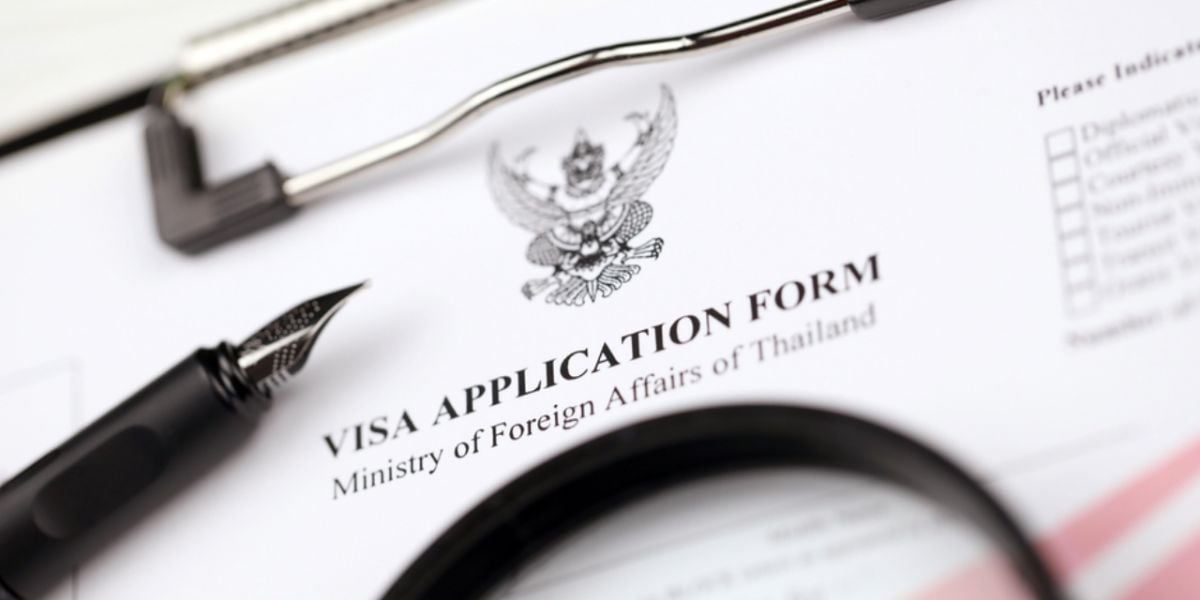
Tourism is a significant economic driver in Thailand, and so far in 2024, the country attracted nearly 20 million tourists. By the end of the year, experts believe this will account for nearly $80 billion of revenue compared with $50 billion in 2023, down significantly as Thailand rebounded from COVID.
Thai immigration regulations have recently changed. It is important to be aware of current visa rules to avoid circumstances such as overstaying. Before you travel to Thailand, it is advisable to contact your nearest Royal Thai Embassy or a Royal Thai Consulate-General to find out the necessary requirements and procedures.
Visa exemptions in Thailand
Under the new provisions of the Visa Exemption Scheme and Bilateral Agreement, effective as of 2024, citizens from certain countries are allowed to enter Thailand without a visa as long as they are entering strictly for tourism purposes and can present a return ticket that confirms they will be leaving Thailand within 30 days of their arrival. Each person may also need to show proof that they have funds of at least THB 10,000 to support themselves during their stay.
If you are a citizen from one of these 93 countries and are entering Thailand at an international airport, you will receive a stamp on arrival that will allow you to stay in the country for 14 to 90 days. Citizens from Korea, Brazil, Peru, Argentina, and Chile are permitted to stay for up to 90 days. Moreover, citizens from Cambodia and Myanmar are only permitted until 14 days. So long as you enter by air, you can travel to Thailand as many times as you wish each year without requiring a visa. However, if you enter the country by land or sea, the exemption is granted at most twice in a calendar year unless you are a Malaysian citizen.
It's good to note that you shouldn't abuse leaving and re-entering Thailand on tourist visas. If you do it multiple times in a row, Thai immigration officials will pick up on this and can deny you entry into the country.
Visa on arrival in Thailand
Citizens from 93 countries are eligible for a visa on arrival in Thailand, so long as they are traveling for tourism purposes and can provide details of a valid proof of address in Thailand. Those arriving by air will be given a 30- to 60-day stamp in their passport on arrival, but those crossing into Thailand by land will only be permitted to stay in the country for several days, depending on what type of visa they apply to. According to the Thai Immigration Bureau, this new regulation has been created to encourage foreigners to secure a proper visa from a Royal Thai Embassy before their arrival in the country. If you are eligible for a visa on arrival, you will need to show proof that you are flying out of Thailand within 15 or 30 days of your entry date, depending on whether you choose to arrive by air or by land.
You will need to provide evidence of at least THB 20,000 to support yourself during your stay.
Tourist visa in Thailand
Suppose you are not from a country that has made bilateral agreements with Thailand to allow its citizens to be exempt from a visa or permitted to gain a visa on arrival. In that case, you will need to apply for a tourist visa at your nearest Thai embassy or consulate before your trip. In general, the validity of a tourist visa ranges from 3 to 6 months, but in some cases, visas may be valid for 1 or 3 years. However, it's important to understand that the period of visa validity is different from the period of stay. The visa validity is the period during which a visa can be used to enter Thailand. In contrast, the period of stay is granted by an immigration officer at the port of entry and is displayed on the arrival stamp in accordance with the type of visa. You can extend your tourist visa when you are in Thailand by applying for an extension of stay at the Immigration Bureau in Bangkok, which is located in Lak Si, or at an immigration office in the provinces near you.
How to apply for a visa in Thailand
To apply for a tourist visa, you will need to submit the following documents to your nearest Royal Thai Embassy or Royal Thai Consulate-General:
- Passport, which needs to be valid for at least 6 months after your entry date;
- A completed visa application form;
- A photograph (4cm × 6cm);
- Your return flight tickets (optional);
- Proof that you have at least THB 20,000 to support yourself during your stay;
- US$30.00 (or equivalent) per entry.
Those who are traveling from/through these countries will also need to submit an international health certificate to prove that they have had their yellow fever vaccination.
Consular officers may request additional documents when deemed necessary, so it is advisable to look presentable when you submit your documents. The visa fee is also subject to change, so it is a good idea to visit your nearest Royal Thai Embassy or a Royal Thai Consulate-General to confirm details.
Useful links:
CEIC Data – Tourism Revenue in Thailand
Thai Embassy – Visa-exempt countries
World Health Organisation – List of countries whose nationals have to get vaccinated against yellow fever
We do our best to provide accurate and up to date information. However, if you have noticed any inaccuracies in this article, please let us know in the comments section below.








